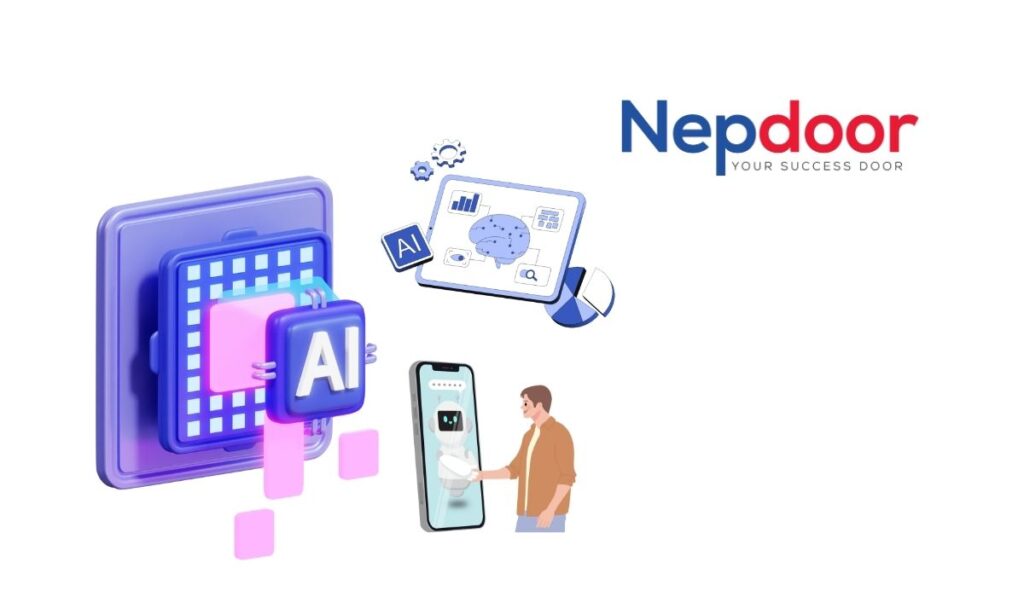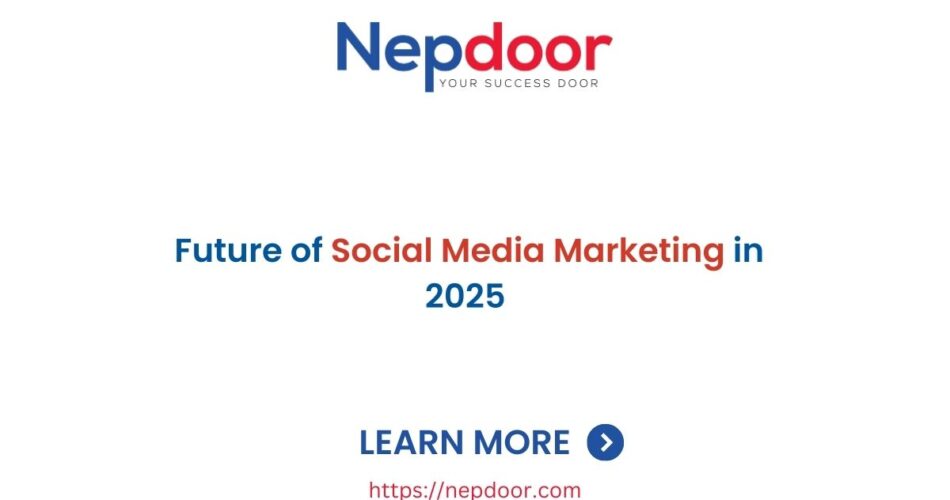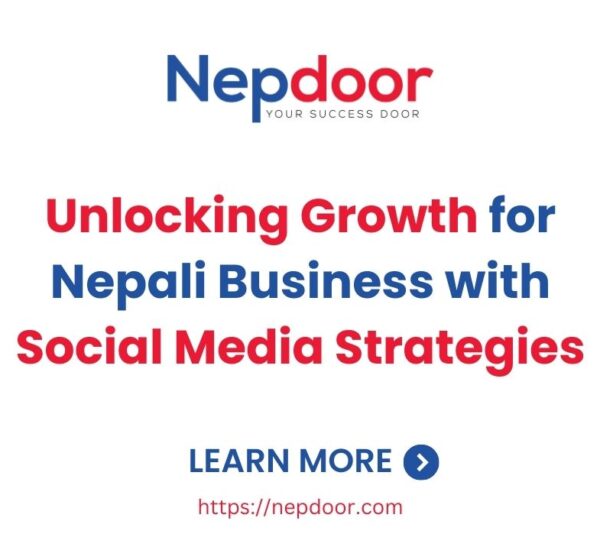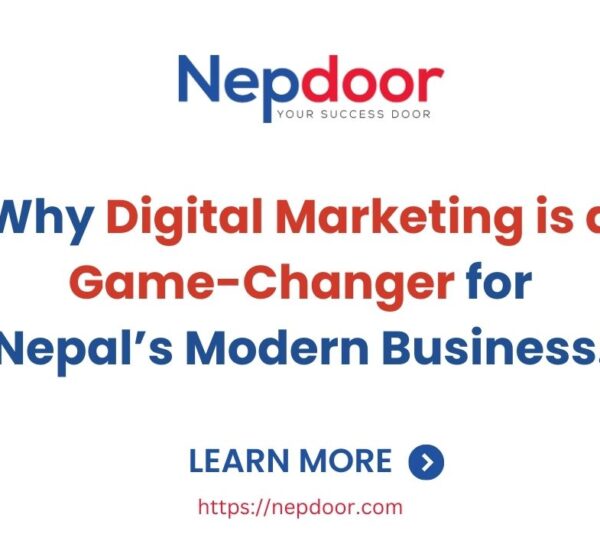Social media marketing has been evolving rapidly over the past few years, and as we move further into 2025, new trends and technologies continue to shape the landscape. Businesses and marketers must stay updated to remain competitive and reach their target audience effectively. In this article, we will explore the key trends, technologies, and strategies that will define social media marketing in 2025, ensuring that everyone can understand and apply these insights.
1. The Rise of AI and Automation in Social Media Marketing
Artificial Intelligence (AI) and automation are playing an increasingly important role in social media marketing. AI-powered tools help marketers analyze data, create content, and optimize campaigns more efficiently than ever before. In 2025, we can expect:

- AI-Generated Content: AI will assist in creating high-quality text, images, and videos tailored to audience preferences.
- Chatbots and Virtual Assistants: Businesses will use AI-powered chatbots to enhance customer service and engagement.
- Predictive Analytics: AI will help brands predict trends and consumer behaviors, allowing for more targeted marketing campaigns.
2. The Growth of Short-Form Video Content
Short-form video content continues to dominate social media platforms like TikTok, Instagram Reels, and YouTube Shorts. In 2025, businesses will need to focus on:
- Storytelling in Seconds: Engaging, concise videos that quickly capture attention.
- Interactive and Shoppable Videos: Users will be able to shop directly from videos, making e-commerce more seamless.
- User-Generated Content (UGC): Encouraging customers to create and share content featuring their products or services.
3. The Metaverse and Virtual Reality (VR) Marketing
The metaverse is expanding, and social media platforms are integrating VR and augmented reality (AR) experiences. Businesses can leverage these technologies by:
- Creating Virtual Storefronts: Brands can showcase products in a 3D virtual space.
- Hosting Virtual Events: Live concerts, product launches, and interactive brand experiences.
- AR Filters and Effects: Engaging audiences with branded AR features on Instagram, Snapchat, and TikTok.
4. Influencer Marketing Becomes More Authentic
Influencer marketing is evolving towards authenticity and niche communities. Instead of partnering with celebrities, brands are focusing on:
- Micro and Nano-Influencers: Smaller influencers with highly engaged audiences.
- Long-Term Collaborations: Building ongoing relationships rather than one-time promotions.
- Transparency and Trust: Consumers prefer influencers who genuinely use and believe in the products they promote.
5. Social Commerce Takes Over
Social commerce, or shopping directly through social media platforms, is growing rapidly. Key trends include:
- Integrated Shopping Features: Platforms like Instagram, TikTok, and Facebook allow users to buy without leaving the app.
- Live Shopping Events: Brands host live-streamed shopping experiences to engage buyers.
- AI-Driven Product Recommendations: Personalized shopping suggestions based on user behavior.
6. Voice Search and Conversational Marketing
With the increasing use of voice assistants like Alexa, Siri, and Google Assistant, marketers need to optimize content for voice search. This includes:
- Conversational and Natural Language Content: Writing content that sounds more like a conversation.
- FAQ-Based Marketing: Answering common user questions directly in content.
- Voice-Activated Ads: Interactive advertisements that users can respond to via voice commands.
7. Privacy and Data Protection Become Priorities
As users become more concerned about data privacy, social media platforms and businesses must adapt by:
- Transparency in Data Usage: Clearly explaining how user data is collected and used.
- Enhanced Security Measures: Stronger encryption and privacy controls.
- Ethical Marketing Practices: Respecting user preferences and obtaining clear consent for data collection.
8. Personalization at Scale
Consumers expect personalized experiences tailored to their preferences. In 2025, brands will use:
- AI-Powered Personalization: Customizing content and recommendations based on user behavior.
- Dynamic Content: Adjusting website and social media content in real-time based on user interactions.
- Segmentation and Targeting: More refined audience segmentation for highly relevant marketing messages.
9. Community-Driven Marketing
Brands are shifting from traditional advertising to building strong online communities. This involves:
- Brand Communities on Social Media: Engaging customers through exclusive groups and forums.
- User-Generated Content Campaigns: Encouraging customers to share their experiences.
- Authentic Conversations: Engaging with users in meaningful discussions rather than just promotional posts.
10. The Future of Social Media Platforms
New and existing social media platforms will continue to evolve. Predictions include:
- Decentralized Social Media: Platforms that prioritize user control and data security.
- AI-Generated Influencers: Virtual influencers gaining popularity.
- Niche and Interest-Based Platforms: More social networks catering to specific industries and communities.
Conclusion
The future of social media marketing in 2025 is dynamic and driven by technology, personalization, and authenticity. Businesses must stay ahead by embracing AI, short-form videos, influencer marketing, social commerce, and privacy-focused strategies. By adapting to these trends, brands can build deeper connections with their audience and thrive in the ever-changing digital landscape.






Comments